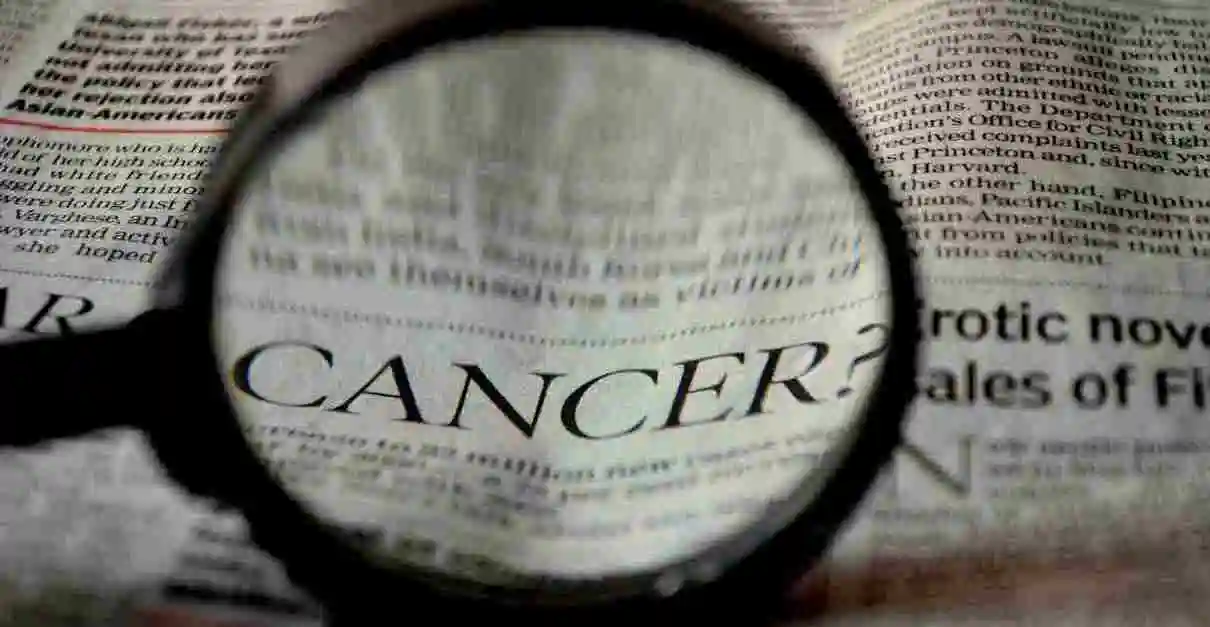
All About Your Cancer Type
“When you fear something, learn as much about it as you can.
Edmund Burke
Knowledge conquers fear.”
Identifying your cancer sub-type.
Many of the genes that contribute to cancer development fall into broad categories:
Tumor suppressor genes – BRCA1, BRCA2, p53 or TP53.
These are protective genes but they can mutate and turn into cancer cells.
Oncogenes. – HER2, RAS
These turn cells cancerous. Mutations in these genes are not inherited.
DNA repair genes – BRCA1, BRCA2, and p53
These fix mistakes made when DNA is copied. Many of them function as tumor suppressor genes. If a person has an error in a DNA repair gene, mistakes remain uncorrected. Then, the mistakes become mutations. These mutations may eventually lead to cancer, particularly mutations in tumor suppressor genes or oncogenes. Mutations in DNA repair genes may be inherited or acquired.
See also: An overview of cancer
Cancer Types by Site
- Bladder Cancer
- Bone Cancer
- Brain & CNS Cancer
- Breast Cancer
- Cervical Cancer
- Childhood Cancer
- Colorectal (Bowel) Cancer
- Esophageal Cancer
- Head and Neck Cancer
- Hodgkin Lymphoma
- Kidney Cancer
- Leukaemia
- Liver Cancer
- Lung Cancer
- Melanoma (Skin) Cancer
- Multiple Myeloma / Plasma Cell Neoplasm
- Non-Hodgkin Lymphoma
- Ovarian Cancer
- Pancreatic Cancer
- Prostate Cancer
- Stomach Cancer
- Testicular Cancer
- Uterine Cancer
See also: An overview of cancer
Page updated 2024
